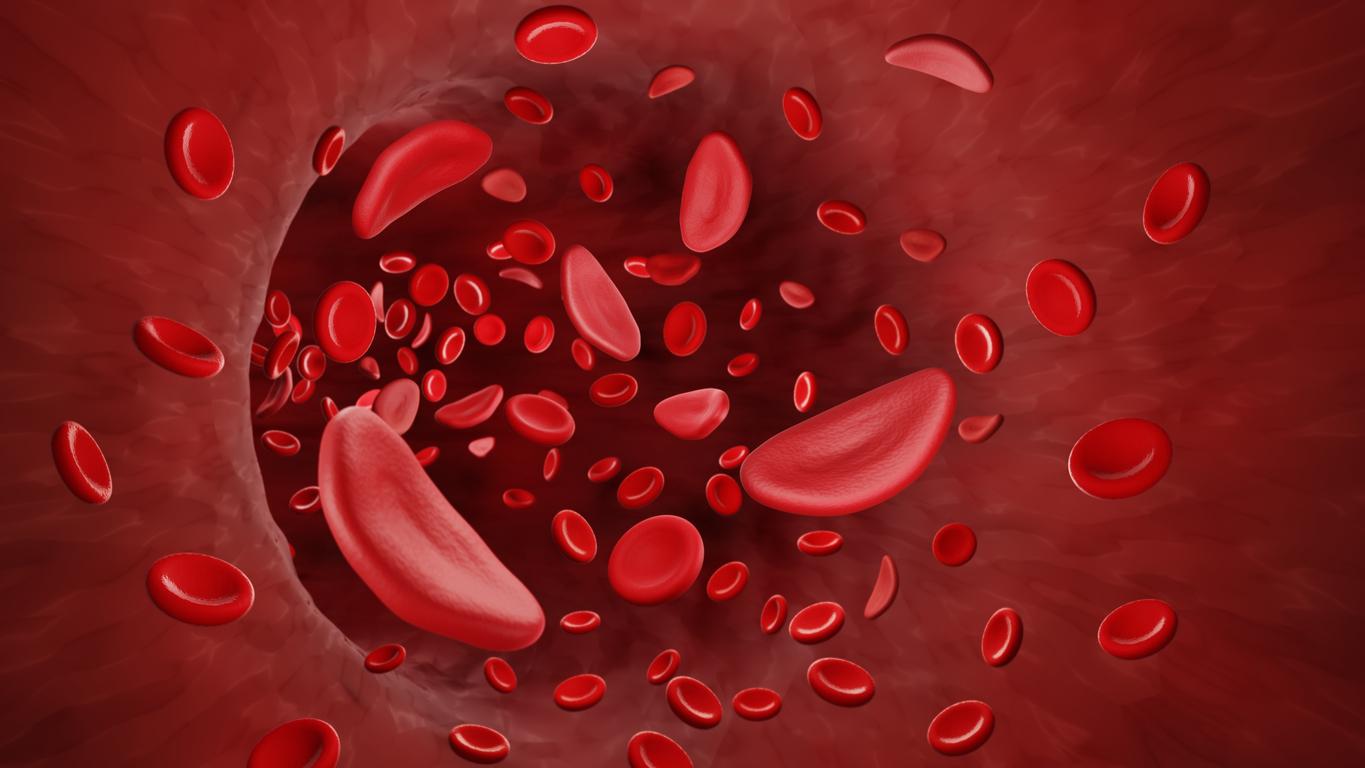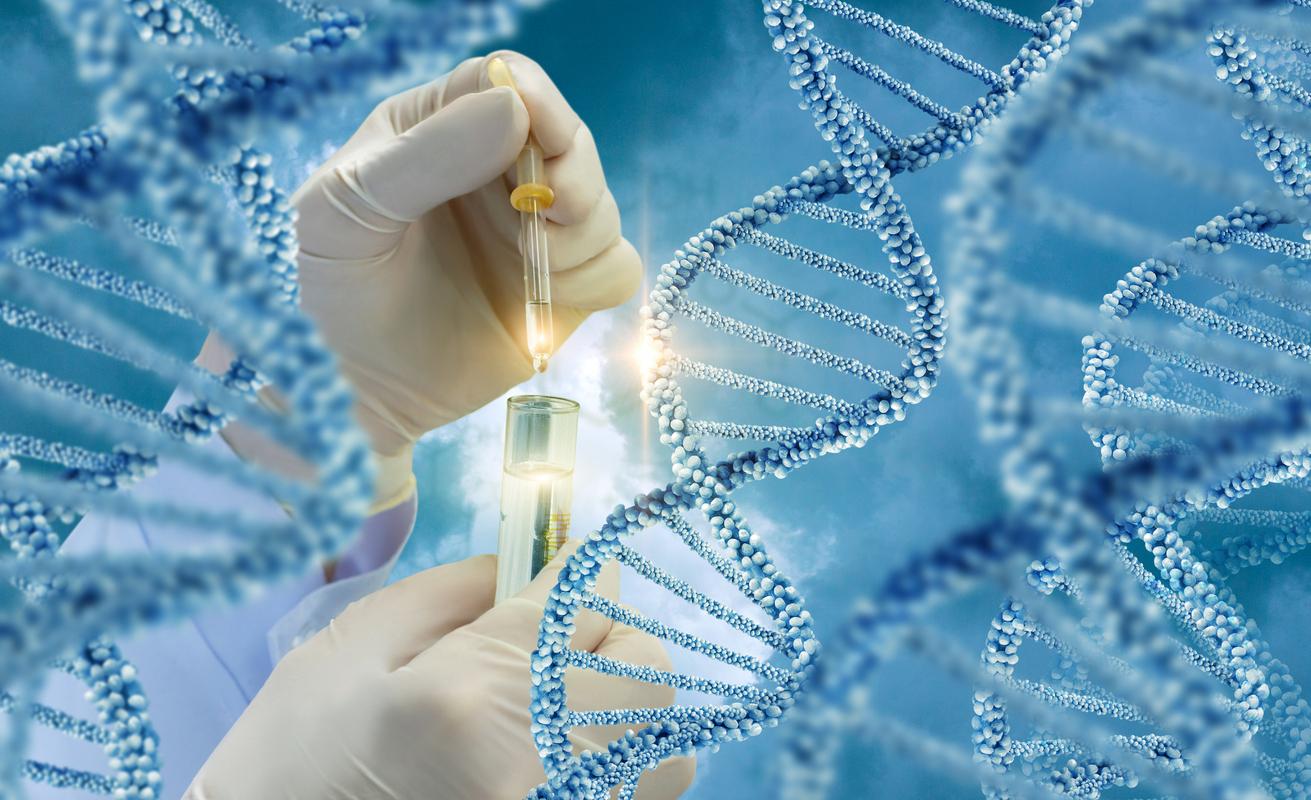How the body assimilates omega-3s depends on the genetic make-up of individuals. Not everyone should consume it.

- Omega-3s are known for their health benefits
- Yet the benefits they bring depend on genetic particularities
It’s a selling point: “rich in omega-3” displayed, for example, wholesale on certain bottles of oils. Indeed, these essential fatty acids are known to have several virtues: they maintain the brain, prevent fat storage, prevent cardiovascular disease, help with hormonal regulation, etc. And yet, these benefits are not automatic. According to researchers from the University of Georgia, in the United States, the impact of omega-3s depends on the genetic make-up of individuals. In their study, published in the journal PLOS Genetics (https://journals.plos.org/plosgenetics/article?id=10.1371/journal.pgen.1009431), they studied the consequences of the consumption or not consumption of fish oil – rich in omega-3 – on the blood tests of 70,000 people. They also had the genetic information of these participants. In detail, the scientists analyzed the action of fish oil on four types of fats in the blood, including cholesterol and triglycerides, biomarkers of certain cardiovascular diseases.
Omega-3s May Raise Blood Triglyceride Levels
“We have known for a few decades that a higher level of omega-3 fatty acids in the blood is associated with a lower risk of heart disease, explains Ye, one of the study’s authors. What we have found is that this intake of fish oil is not good for everyone; it depends on your genotype. If you have a specific genetic makeup, then fish oil intake will help lower your triglycerides. But if you don’t have the right genotype, taking fish oil will raise your triglycerides.“A counter-productive action for the body.
To arrive at their results, the research team divided the 70,000 blood tests into two groups: those who had consumed fish oil and those who had not. In parallel, they carried out an analysis of the genotypes – that is to say the genetic composition – of the participants in each group. They found that people with an AG genotype (Heterozygous genotype) had lowered their blood triglyceride levels by consuming fish oil. On the other hand, individuals with an AA genotype (Normal genotype) slightly increased this rate by ingesting omega-3s. A low level of triglycerides contributes to the prevention of cardiovascular diseases, on the other hand a higher level can promote their development. Finally, there is a third genotype, the GG (Mutant genotype), but scientists did not have enough data on it to draw conclusions.
Work to improve nutritional advice
According to the authors, the genetic variant involved in this more or less good assimilation of omega-3s is the GJB2 gene. This could alter the response of an individual’s body to the intake of fish oil. In future research, scientists want to be able to test the direct impact of omega-3s on cardiovascular disease, based on patient genomes. So far, the studies carried out have all concluded that fish oil is ineffective in preventing cardiovascular disease. But the University of Georgia researchers say these previous findings might not hold true for everyone. “Tailoring and optimizing fish oil intake advice based on a person’s genetic makeup can improve our understanding of nutrition, points out Ye. And lead to significant improvements in human health and well-being.“In some laboratories, tests exist to determine which genotype an individual belongs to.
.

















